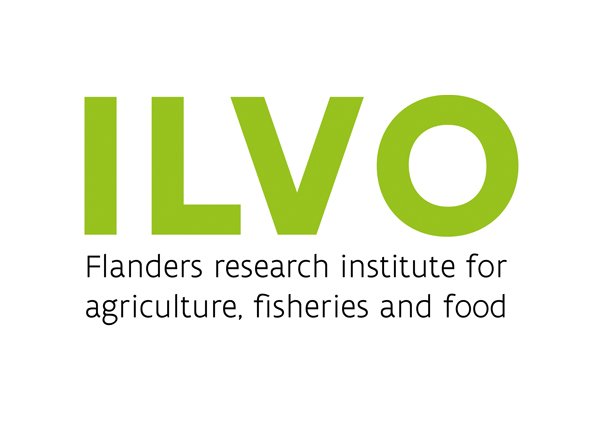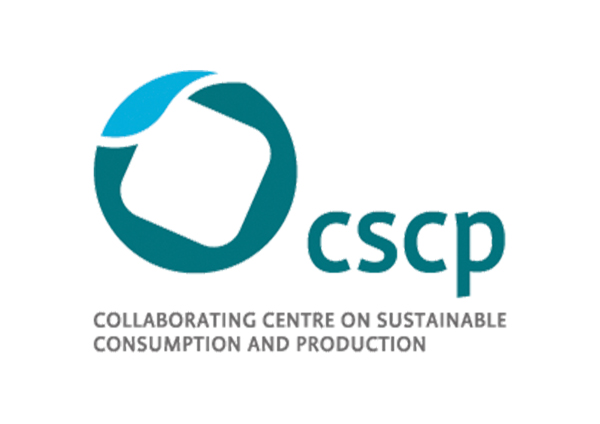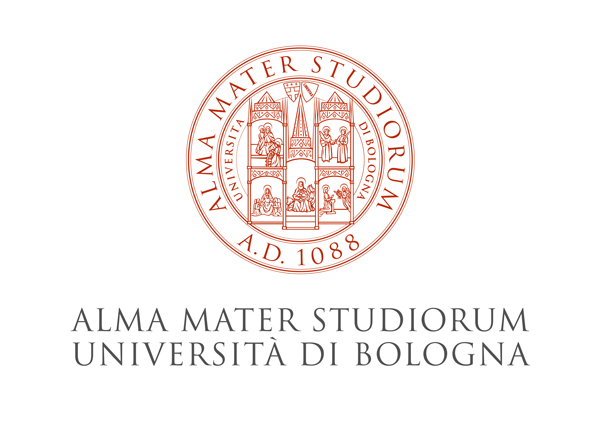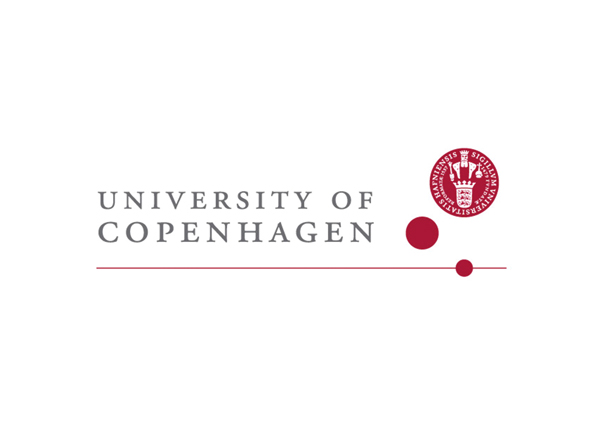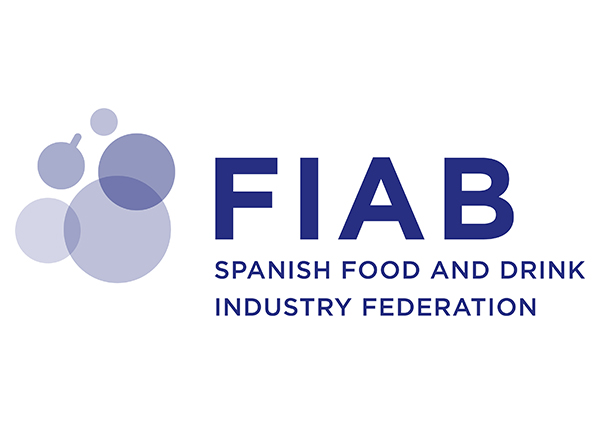Rationale
FW in the hospitality (hotel) sector occurs during food storage, preparation of meals, serving and consumption. Previous evidence has shown that considerable potential exists for reducing FW, resulting also in significant economic savings.
This holds especially true for buffet leftovers and food overproduction. Although the hotel guests’ hedonic, ‘serve and eat endless’ behaviour has been identified as a key driver of FW, the interaction with hotel business practices and employee behaviour, has not been explored, the processes & dynamics leading to social norm and behavioural changes FLW.
Objectives
1 To identify the key social norms that drive FW in the hotel industry.
2 To understand how existing employee social norms and behaviours contribute to FW.
3 To understand the costs & benefits of introducing corporate policies on FW reduction.
4 To identify key levers for changing social norms and behaviour towards FW prevention/reduction at the employee and corporate level.
Partners


